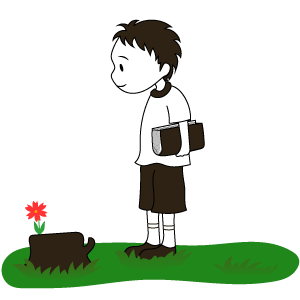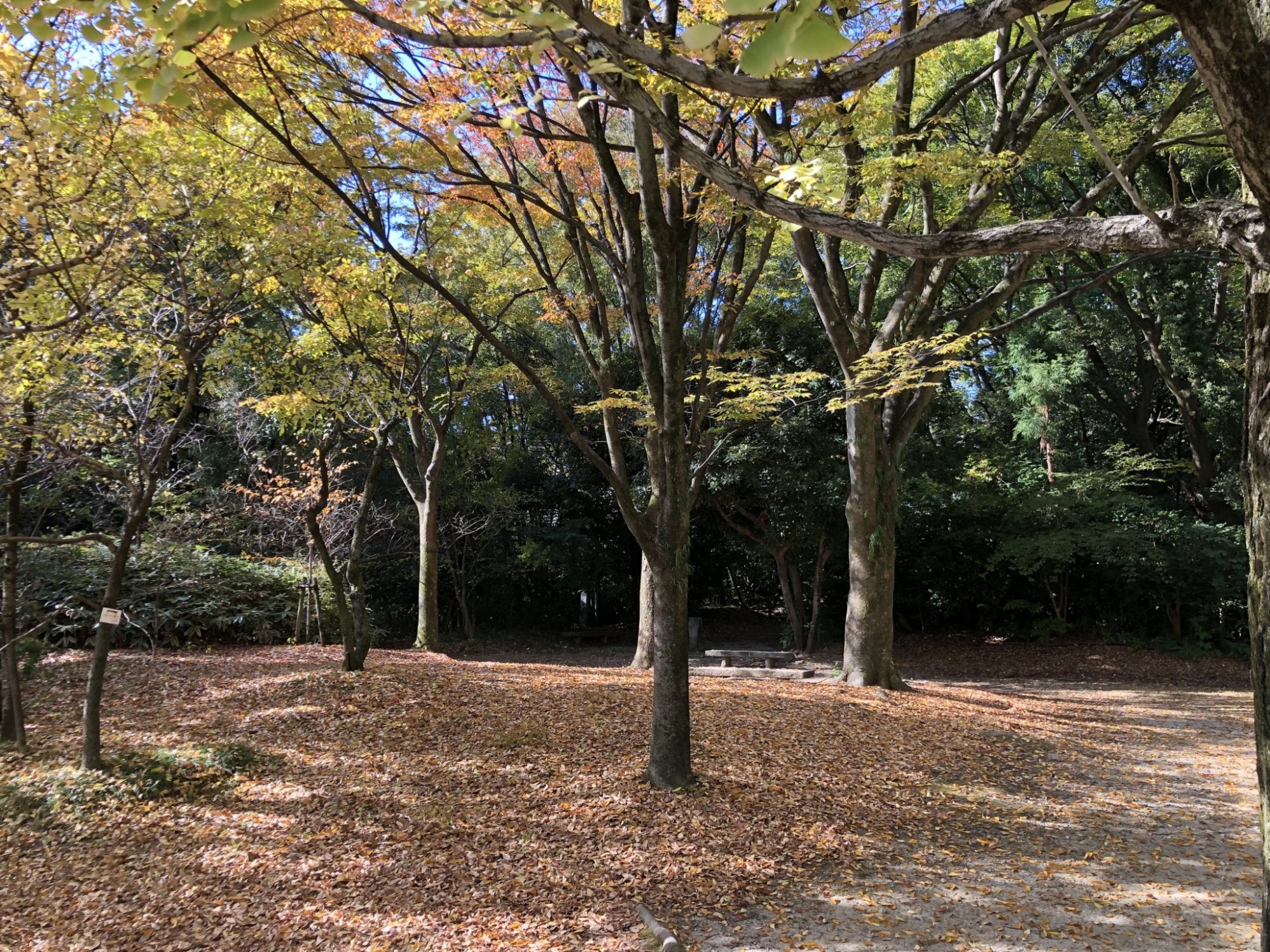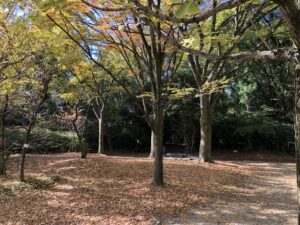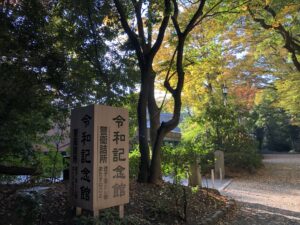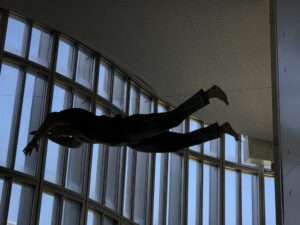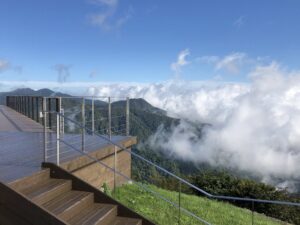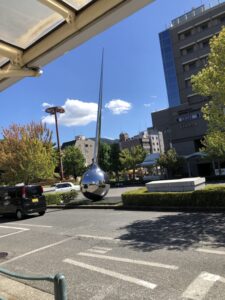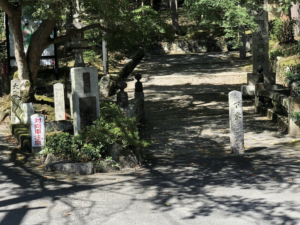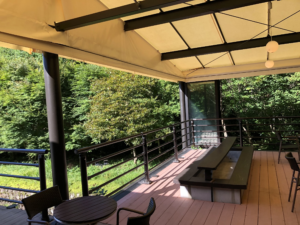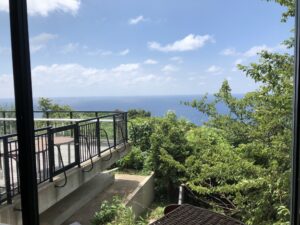Sun.
November 11, the word is somehow good. It seems to be a good thing…but it wasn’t.
The place I want to go the most right now. It is the International Literature Museum (Haruki Murakami Library) at Waseda University.
The library is both a literary archive and a cultural exchange facility.
As indicated by its common name “Haruki Murakami Library,” it houses a collection of Haruki Murakami’s published works, both in Japanese and non-Japanese. In addition to related books, the library has 3,000 books (as of October 2021; same below) available for viewing in the gallery and other reading spaces. The Museum also has a collection of first editions and other rare and valuable books.
In addition to first editions and other rare and valuable published books, the research collection includes materials related to Murakami’s writing, interviews and reviews of his works, books translated into over 50 languages, as well as records and CDs collected by Murakami.
The collection and organization of materials will continue after the opening of the museum, and will be made available to researchers as appropriate. This will contribute to the advancement of research on “Haruki Murakami Literature,” “International Literature,” and “Literature in Translation,” as well as to the development of new expressive activities.
From the HP of the International Literature Center
Furthermore, as a mission
As a mission, this facility is to create with you a “House of Literature” where everyone can gather.
From the HP of the International House of Literature
This mission is wonderful.
However, I live in Nagoya now, so I can’t go there.
Why is it so wonderful? Perhaps it is the concept of the “House of Literature.
There are many memorial halls for writers in the world, but most of them are boxy, like a boxed administration in the world of literature, which gets old and disappears with the passage of time.
However, in the case of Mr. Haruki, building a museum inside his alma mater and offering it as a “house of literature” and a place for exchange seemed very innovative as a memorial museum for writers (sorry I didn’t mean it that way).
If I were a first-rate writer and saw from the afterlife that, although it would be nice to have a memorial hall after my death, decades later, the building would be old and unrenovated, with few visitors, and would be a mere burden on the community, I would probably sigh and say, “Oh, no.” In fact, the memorial hall has been used by writers such as Makisui Wakayama, Makisui Oo, and others.
In fact, I have visited many memorial museums for my favorite writers, such as Wakayama Makisui and Ozaki Hoya, but have rarely seen them crowded (Shiba Ryotaro was probably the most crowded).
However, by building a memorial hall in Waseda University, which has the goal of turning the campus itself into a museum, it could become an ideal memorial hall that is constantly being updated, just like an attraction in Disneyland.
It seems to me that this “House of Literature” is a new possibility for those who have been involved in literature, and for those who are fascinated by the appeal of literature and wish to be exposed to it as much as possible. At the same time, in the future relationship between universities and literature.
I have written this in some seriousness, but perhaps it is fundamentally incompatible with the “work” that creators such as painters, novelists, ceramicists, etc. leave behind a tangible “place”.
Sometimes I feel that a “work of art” should be tossed about with the flow of time, float and flow, pass into the hands of more and more people, and remain only in the consciousness of the recipient. Which is it?
Autumn leaves turn red, dead trees are born, and autumn is deep
